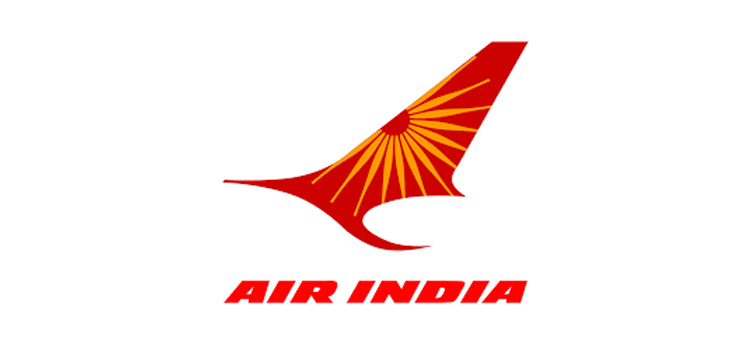Mumbai: Air India has sent shockwaves through the travel trade industry in India with the airline’s announcement to offer its inventory solely through one GDS thereby reducing the distribution capability of the Airline by about 40 per cent. In a joint press release by Sunil Kumar, President, Travel Agents Association Of India (TAAI) and Praveen Chugh, President, Travel Agents Federation Of India (TAFI), the associations have called the move shocking as the airline should have ideally found ways to increase its seat sales via easy access through GDS channels considering how Air India has been reeling under tremendous financial challenges.
Air India has responded that this would help it save distribution costs. TAAI and TAFI call this surprising, as the airline stands to lose a considerable amount as loss incurred on seat sale in its bid to save a ‘Rs.100 or 200 as distribution costs’.
The associations say that the move has been taken by the airline without attempts at prior discussions with agents who promote Air India, adding that as a national carrier, Air India has a wider social responsibility to protect and act in the interest of Indian travellers and small & medium enterprises.
A news report states that top-level former management was also opposed to the move of assigning rights to a single Distribution System to avoid the threat of financial loss. The agencies say that by doing so the airline has turned its back on the community of agencies that has invested extensively and continued to patronize the national carrier. ‘This move by Air India is also creating a monopolistic condition in the market. We believe that the press reports have raised concerns since they do not find the Airline’s decision reasonable and justified, particularly to its agencies which form a strong distribution arm of the airline. Many travel agencies in India have been selling a large share of Air India seats on the GDS with which Air India has disconnected its domestic inventory. For these agencies including those who do not have access or frequently sell the airline seats on the GDS preferred by Air India, it is quite evident that selling Air India would not be an easy proposition and thus they may opt for other airlines for their customers. For several established agencies, usage of GDS is governed by Global Agreements they have entered into and thus switching over or training their staff to get used to this limited GDS access will be a difficult option to cope up with’ according to the press release.
‘Airlines have interline agreements and we agents book multiple airlines in one booking which has many different connections. With one airline offering their inventory on specific GDS, the seamless services offered by agents will be affected. GDS companies are not evenly distributed across India or are able to service the travel trade in a uniform pattern’, the press release said.
Both the Associations, TAAI & TAFI, represented by its officers, on November 5 had a detailed discussion with Air India Senior Management and conveyed that this decision of going exclusive on a GDS would be detrimental to the airline and this must be urgently reviewed. The two associations said they were keen that Air India not suffer any losses that would further damage the airline. The senior management promised to revert in a day and on the next day the Associations received a phone call from the airline representative saying there would be no change in Air India’s stand.
The associations predicted chaos in the coming days because of the airline’s choice of a lose-lose proposition with its travel agencies.
Another article said that the debt-laden airlines’ market share fell to a historic low of 11.80 per cent in September 2018. The aviation sector is already reeling under the pressure of high fuel prices and unfavourable exchange rates. Under these circumstances, the move by the national carrier seems one-sided, affecting its overall sales in the long run.





